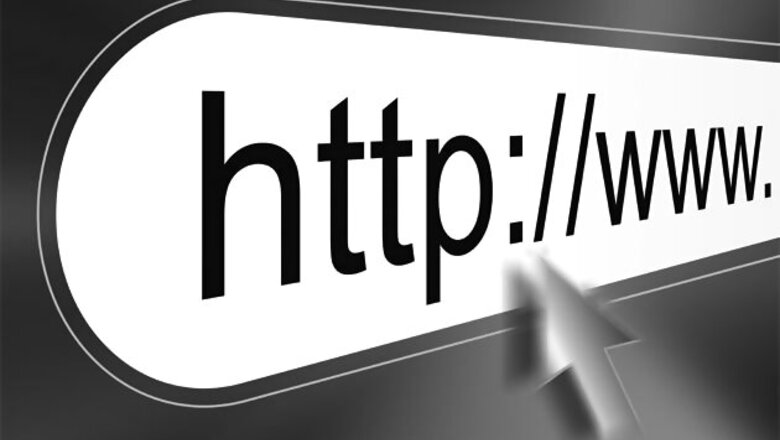
views
Dubai: A major US delegation is leading the opposition to possible new UN regulations on Internet commerce and controls that are part of wide-ranging talks that open Monday in Dubai. The UN conference is seeking to update telecommunications codes last reviewed when the Web was virtually unknown.
Officials from the UN International Telecommunications Union have tried to counter concerns that the 11-day meeting could impose measures that will restrict the Web, saying the primary goal is addressing issues such as cyber-security and ways to expand the Internet's reach in developing countries.
The group also notes that updating global communications cooperation is long overdue - with the last significant changes made in 1988, well before the Internet age.
But others at the Dubai conference - including a 123-member US delegation with envoys from tech giants such as Google and Microsoft - worry that any new UN oversight on the Internet security could be used by nations such as China and Russia to justify further tightening of Web blocks and monitoring.
"Love the free and open Internet? Tell the world's governments to keep it that way," said a message on the main search page of Google.com with a link for comments directed to the Dubai conference.
The outcome of the Dubai gathering is far from certain. The 193 nations at the meeting have put forward more than 900 proposed regulatory changes covering the Internet, mobile roaming fees and satellite and fixed-line communications. Broad consensus is needed for any item to be adopted.
The group also is powerless to force nations to change their Internet policies, such as China's notorious "Great Firewall" and widespread blackouts of political opposition sites in places including Iran and the Gulf Arab states. Last week, Syria's Internet and telephone services disappeared for two days during some of the worst fighting in months to hit the capital, Damascus.
Last week in Washington, the head of the US delegation in Dubai, Ambassador Terry Kramer, told reporters that all efforts should be made to avoid a "Balkanization" of the Internet in which each country would impose its own rules and standards that could disrupt the flow of commerce and information.
"That opens the door ... to content censorship," he said.
Another likely battle is over European-backed suggestions to change the pay structure of the Web to force content providers - such as Google, Facebook and others - to kick in an extra fee to reach users across borders. Advocates of the changes say the money raised could pay to expand broadband infrastructures in developing countries.
The UN telecommunications agency dates back to 1865 when the telegraph revolutionised the speed of information. Over the decades, it has expanded to include telephone, satellite and other advances in communications.




















Comments
0 comment